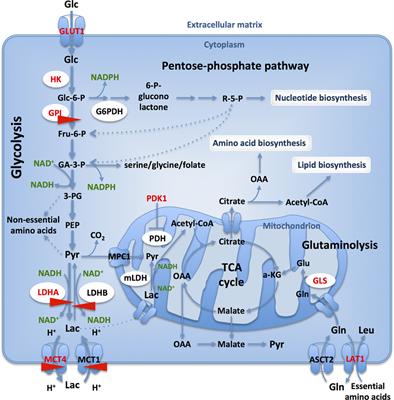EDITORIAL
Published on 25 Jun 2018
Editorial: Cell Stress, Metabolic Reprogramming, and Cancer
doi 10.3389/fonc.2018.00236
- 2,609 views
- 8 citations
20k
Total downloads
100k
Total views and downloads
You will be redirected to our submission process.
EDITORIAL
Published on 25 Jun 2018
OPINION
Published on 23 Apr 2018

REVIEW
Published on 21 Dec 2017

MINI REVIEW
Published on 20 Dec 2017

MINI REVIEW
Published on 11 Dec 2017

MINI REVIEW
Published on 01 Dec 2017

MINI REVIEW
Published on 29 Nov 2017

MINI REVIEW
Published on 27 Nov 2017

